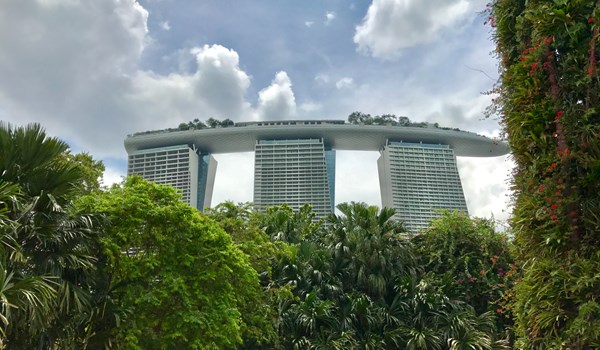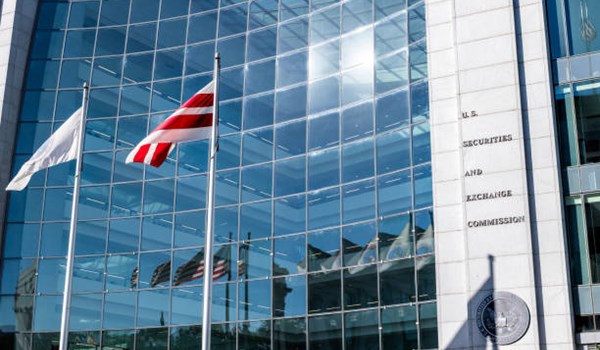Ireland grilled on local salary costs and housing as nine countries compete for new agency.
Ireland put forward its case for Dublin to be the location for the European Union’s new anti-money laundering agency on Tuesday, competing against eight other hopeful member states.
The new anti-money laundering authority (AMLA), set up under incoming EU legislation to prevent money laundering, would bring at least 400 jobs, and Ireland is competing to host it against Brussels, Frankfurt, Madrid, Paris, Riga, Rome, Vilnius and Vienna.
“We believe we offer Europe a positive choice as the logical venue to locate this important new institution,” Minister for Finance Michael McGrath told a hearing in the European Parliament.
“We have the capacity, credibility and connectivity to deliver on the promise of AMLA and to project and protect European values on the global stage.”
It’s expected that the new agency would bring at least 400 jobs. The Irish Government has offered €80 million towards setting up the new agency if it moves to Ireland, and in its application promised to cover annual rent of €5.6 million for nine years for a headquarters in Coopers Cross in the Docklands.

The Irish Government made the case that Ireland has 100,000 people working in financial services already, has experience in countering terrorist financing and money laundering, and that Dublin is a welcoming location with an international workforce.
The applicant cities are judged on how soon the AMLA agency can be in operation on site, the accessibility of the location, the existence of adequate education facilities for the children of AMLA staff, and access to the labour market, social security and medical care for staff members’ families.
The decision will also take into account “geographical balance”, meaning that agencies should be fairly distributed around the EU.
After presenting their case, Mr McGrath and Minister of State Jennifer Carroll MacNeill were grilled by member state representatives and MEPs on the strengths of Ireland’s case to host the agency.
Dutch Labour Party MEP Paul Tang said Ireland had a reputation as a “tax haven” and was home to a lot of “flagged shell companies”. He also raised “rising housing prices” and “the young threatening to leave Dublin because they couldn’t afford a home”.
In response, Mr McGrath said Ireland was fully committed to the OECD international taxation reforms, that it had transposed the new minimum corporation tax, and that the rate of building new houses was “increasing all the time”.
“The population in Ireland is young. Many people want to come and live and work in Ireland because of the employment opportunities, but also because of the quality of life that we have in Ireland,” he said.
Other MEPs asked whether “Ireland had limited ability to freeze funds” when it came to implementing financial sanctions on Russia, and whether it would be a disadvantage that Ireland has chosen not to be part of the European Public Prosecutor’s Office, which investigates transnational organised crime and money laundering.
Ireland was also challenged on its high correction coefficient, an adjustment of EU salaries to reflect the local cost of living which would mean that AMLA staff salaries would be higher in Dublin than in the other candidate cities.
The competition is steep. Belgium has argued that Brussels already has the infrastructure to host EU bodies, Germany advocated the strength of Frankfurt as a financial centre, while Italy offered a well-connected Rome headquarters and training with its dedicated Guardia di Finanza financial crime police force.
Lithuania argued that it had experience in regulating cutting-edge fintech, including in cryptocurrencies, while Austria advocated for Vienna as offering the best quality of life for AMLA staff.
The hearing on Tuesday was the first time that the European Parliament has been involved alongside member states in debating the location of an EU agency, which in the past have been divvied out in backroom deals.
The EU’s new anti-money laundering legislation is set to be finalised once the location of the agency is agreed, and in introducing the session, Ireland’s European Commission Mairead McGuinness said that all going well it could begin hiring staff by the end of this year.




